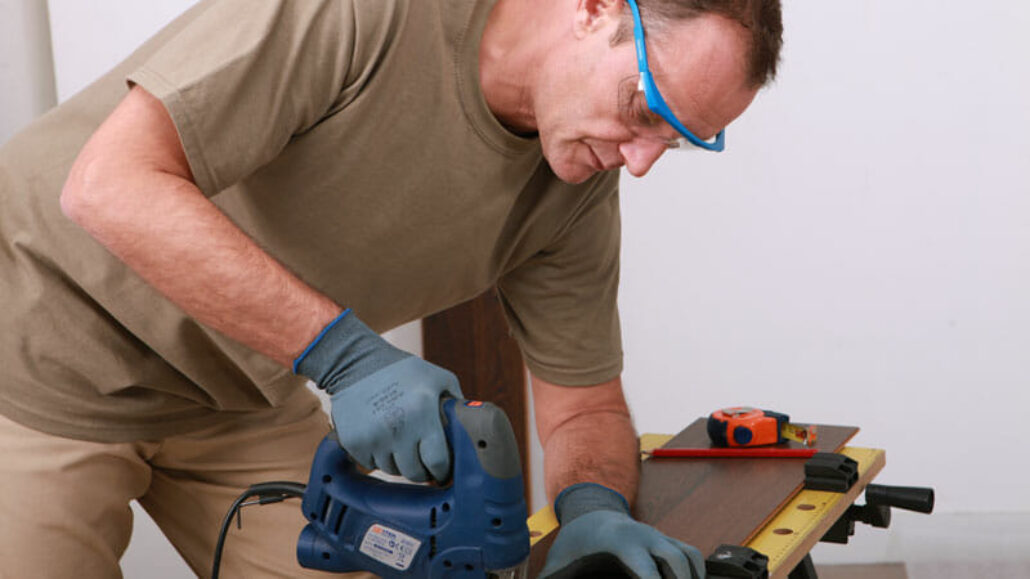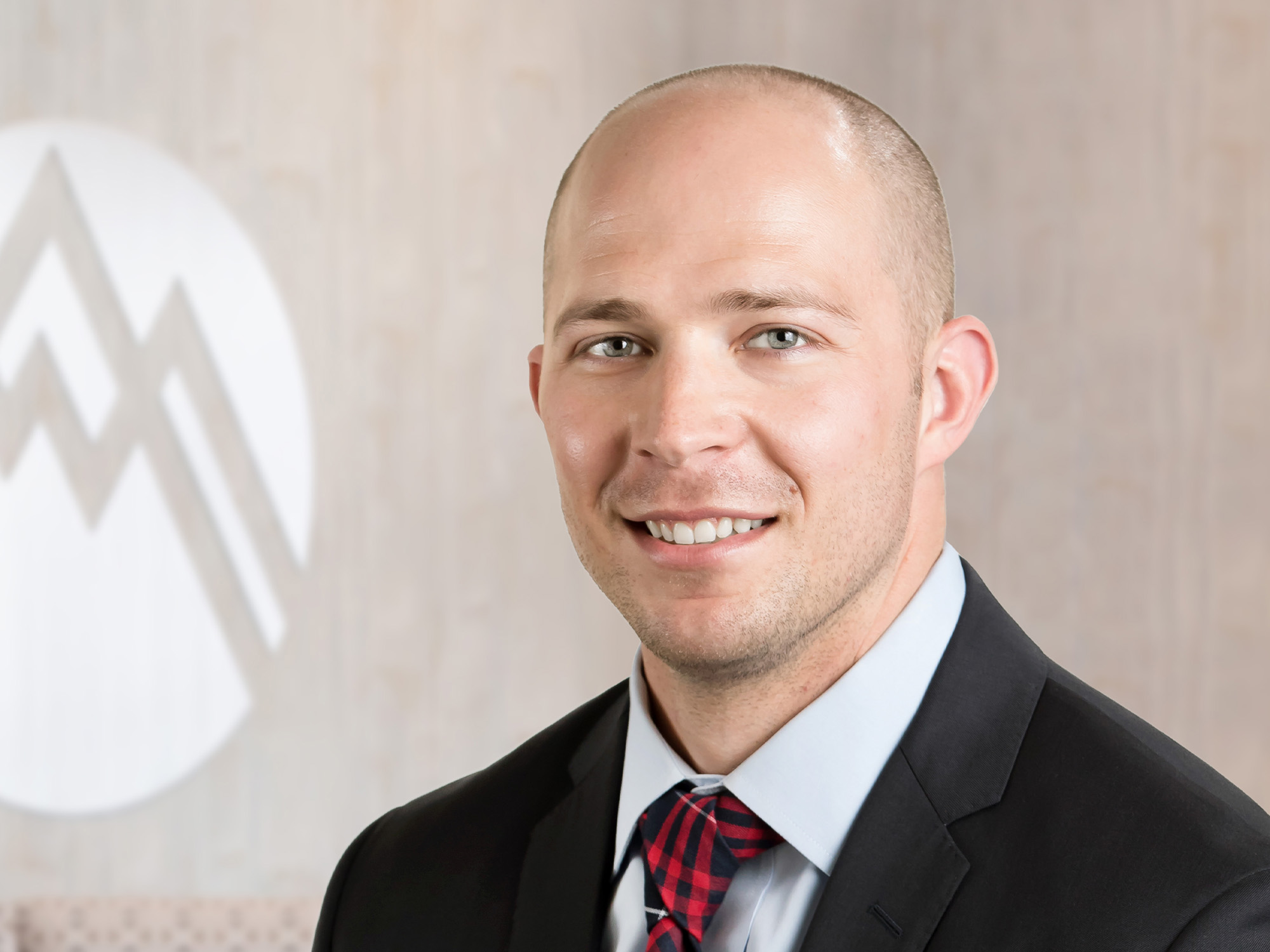Dr. Wahlquist explains how herniated disc symptoms are treated.
A herniated disc can be a painful condition. Fortunately, in most cases, the discomfort resolves with time and conservative nonsurgical medical treatments. In certain cases, when pain persists, surgical treatments may be considered. Spine surgeon Dr. Trevor Wahlquist discusses the causes, symptoms, and treatment options for a herniated disc.
The causes of disc herniation
Many different activities can cause a herniated disc. “The variety of events that can trigger this spine injury may surprise people,” says Dr. Wahlquist. “A football player lifting weights in the off-season could trigger a herniation. We’ve seen something as simple as a cough or sneeze result in a herniated disc. The cause may be simple, but the injury can result in a significant amount of pain.”
Why a herniated disc causes pain
“Think of the intervertebral discs as a column of jelly doughnuts acting as cushions between the bones of your spine,” explains Dr. Wahlquist. “They are surrounded by nerves, bones, and muscles. When you herniate one of these discs, it is like having the jelly pop out of the outer shell of the doughnut. If that jelly comes out at a sensitive location, it may press against a nerve root. The jelly—or leaked material—can significantly irritate the tissues surrounding the spine at the place where the leak occurred. Multiple factors cause this irritation. One of these factors is the pressure itself, which may compress a nerve. Chemical factors may also be an issue, because that leaked material is a very inflammatory substance. When it pops out of the disc, the body rushes in to heal the injury, triggering an inflammation response.”
Symptoms of a herniated disc
“When a herniated disc irritates or compresses adjacent nerves, you may feel pain, numbness, or weakness,” explains Dr. Wahlquist. “These symptoms may affect your back or neck. They can also cause radiating pain in your arms or legs. But any of these herniated disc symptoms can initially be managed with conservative treatment.”
Nonsurgical treatments for disc herniation
“At Summit, treatment for herniated disc pain almost always begins with nonoperative approaches,” states Dr. Wahlquist. “We’ll use anti-inflammatories, rest, ice, and we’ll limit certain activities. We may ask you to avoid forward-bending movements that increase pain by putting extra pressure on the injured disc. You may work with a physical therapist. The body is an amazing thing. There are a few dramatic examples of patients with disc herniation that resolved on its own without surgery. In some cases, pain may also be managed with physical therapy or injections in combination.”
Surgical treatment for herniated disc symptoms
“We usually evaluate pain treatment after about six weeks,” says Dr. Wahlquist. “Ideally, at that point symptoms will have resolved. If a patient is still in pain, it’s time to consider other appropriate options. Research tells us that surgery is not a good option to treat herniation pain that is only in the back or neck. However, a surgical procedure called a microdiscectomy can be very effective for radiating pain in arms or legs.”
If a herniated disc is causing you pain, Summit’s spine team is here to help. “Our spine team understands herniated disc symptoms,” says Dr. Wahlquist. “We will work with you to alleviate pain through spine-trained therapists. We can help with medications and injections to keep you comfortable while your body heals. If your pain persists, we’ll talk with you about appropriate surgical options for your symptoms. We are committed to designing a treatment program offering the best available medical services, so you can reclaim the lifestyle you value.”
Summit Orthopedics offers comprehensive spine expertise
Our back specialists diagnose spine problems and design custom treatment plans built on a conservative, nonsurgical approach. Most patients find relief through treatments including guided injections, specialized physical therapy, biofeedback, exercise, activity modification, and medication. When conservative care does not relieve symptoms, our highly skilled surgeons offer proven, evidence-based surgical options. Together with you, we will determine the right course of action.
Start your journey to a healthy spine. Find your spine expert, request an appointment online, or call us at (651) 968–5201 to schedule a spine consultation.
Summit has convenient locations across the Minneapolis-St. Paul metro area, serving Minnesota and western Wisconsin. We have state-of-the-art centers for comprehensive orthopedic care in Eagan, MN, Plymouth, MN, Vadnais Heights, MN, and Woodbury, MN, as well as additional community clinics throughout the metro and southern Minnesota.
More resources for you
- Learn more about surgical options for back pain
- Watch the video: Degenerative Disc Disease

